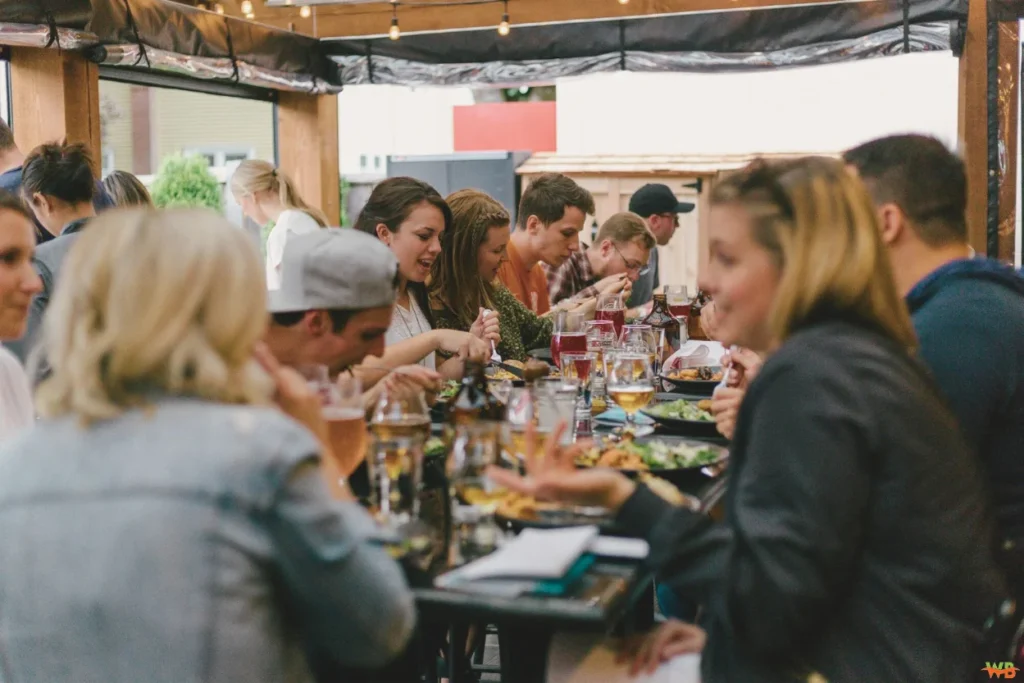
Planning events is an intersection of creative vision and practical organization. It encompasses elements of psychology, project management, and creative design. But why do some events leave us discussing them for months, while others fade into obscurity within hours? Psychological insights and human behavior are what make events truly unforgettable. Understanding these cognitive elements allows planners to craft unforgettable experiences tailored to their audience.
Cognitive Overload vs. Intuition
Humans have an innate capacity for processing information. However, this capacity is not limitless. Events must guard against cognitive overload, where attendees feel overwhelmed by stimuli. Effective planners, therefore, curate experiences that balance engagement with periods of rest. This rhythm not only enhances enjoyment but also imprints memories deeper into the psyche.
While data-driven decisions dominate many industries, the art of event planning has always benefited from intuition and psychology. Good planners skillfully anticipate what attention spans can handle, often making decisions based on instinct rather than spreadsheets. An intuitive understanding of psychology and human behavior, whether through empathy or experience, remains indispensable in predicting what will resonate with an audience.
To ensure events are no mere fleeting experiences, a nuanced understanding of timing is required. Humans thrive on moments that captivate without overwhelming their senses. Strategically placed pauses amidst periods of interaction can bolster engagement, promoting not just attendance but active participation. This orchestration encourages attendees to absorb and appreciate each segment, amplifying the event’s lasting impact.
The Power of Anticipation

The build-up to an event plays a crucial role, sometimes outweighing the event itself. Humans are wired to relish the thrill of expectancy. This is why “save the date” invitations and social media teasers serve as powerful tools. They build excitement long before the event unfolds, igniting imagination and building emotional investment in the experience that awaits.
Looking deeper into the nuances of event planning, it can be helpful to explore various specialized types of events such as bridal showers, where different elements come into play to create memorable experiences. You can learn how to plan a bridal shower with this guide, which provides insights into crafting such unique occasions.
Anticipation also extends to the event’s structure. A well-crafted itinerary teases the mind, gently guiding attendees from one highlight to the next. Through strategic pacing, planners can maintain enthusiasm and maximize participation.
Cultivating a sense of discovery within an event can also heighten anticipation. Building in elements that elicit curiosity, such as surprise speakers or the unveiling of hidden attractions, engages attendees’ interest from the outset. The excitement of peeling back the layers of an event, bit by bit, means that participants are not just passive consumers, but are invested explorers within the experience.
Social Bonds and Connectivity
Humans are inherently social creatures, influenced by psychology and the drive to connect, which overrides many other impulses. Events that foster connections—be it through collaborative activities, networking sessions, or inclusive discussions—tap into this primal need. When people connect on a deeper level, an event becomes much more than just a gathering.
Planners should encourage environments conducive to mingling and interaction. Sometimes, the success of an event is measured not by its grandeur, but by the number of emails exchanged and friendships formed. Facilitating these connections is a hallmark of successful event planning.
Considering the diverse nature of event attendees, creating various avenues for interaction is vital. Events catering to different preferences through multiple types of social engagements—intimate discussions, larger networking gatherings, or creative workshops—enhance the overall experience. This inclusivity acknowledges different social comfort zones, inviting all attendees to connect in ways that feel most authentic to them.
The Role of Memory

Cognitive psychology reveals the importance of memory in reinforcing experiences. Events offering unique stimuli—be they flavors, sounds, or visuals—are more likely to lodge in attendees’ long-term memories. When people recall events, they don’t remember the itinerary, but the feelings, flavors, and anecdotes.
To truly remain memorable, events must create moments of unexpected delight. Be it an unexpected performance, an interactive game, or a surprise gift, these elements capture attention and become anchors in the mind’s landscape.
Emphasizing multi-sensory experiences can also deepen memories. Integrating elements like tactile exhibit stations, interactive lighting, or immersive soundscapes with delightful scents heightens sensory recall. When all senses are engaged, memories become vibrant and lasting, transforming what might have been a transient experience into one of reminiscence and warmth.
The Impact of Narrative
Stories captivate and bind us. An event with a compelling narrative, enriched by the principles of psychology, can transform perceptions and engage attendees on a deeper level. Whether it is a central theme or a sequence of related workshops, forming a coherent and resonant storyline resonates with audiences. Story-driven events create bonds not just among attendees but also between the attendees and the event itself.
Planners often employ narratives that evoke emotional engagement, allowing attendees to see themselves as characters in a shared journey. This participatory feeling solidifies memories and increases the likelihood of future interactions.
Moreover, when an event and its narrative align with attendees’ personal stories or aspirations, the experiences unveil unexpected pathways for personal growth. A shared understanding of mutual interest can weave individuals’ stories into the larger narrative, fostering community spirit and encouraging attendees to return, eager to contribute to the unfolding tale.
Conclusion
The soul of event planning lies in understanding the psychology that guides human behavior. From anticipation to social bonds, planners leverage these insights to craft experiences that not only entertain but also endure. It is a discipline that demands both creativity and empathy—a delicate dance that, when executed skillfully, leads to events that stand the test of time in our memories.

